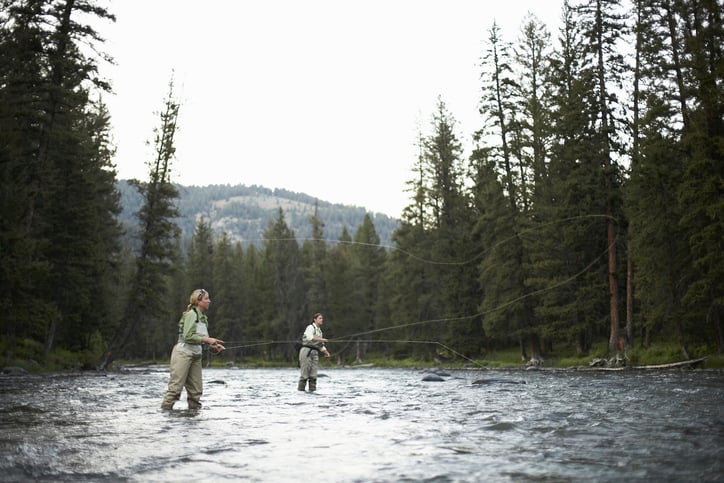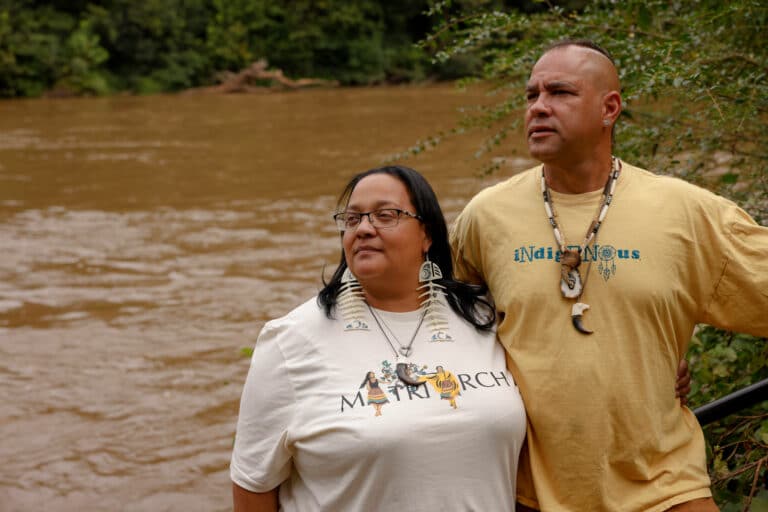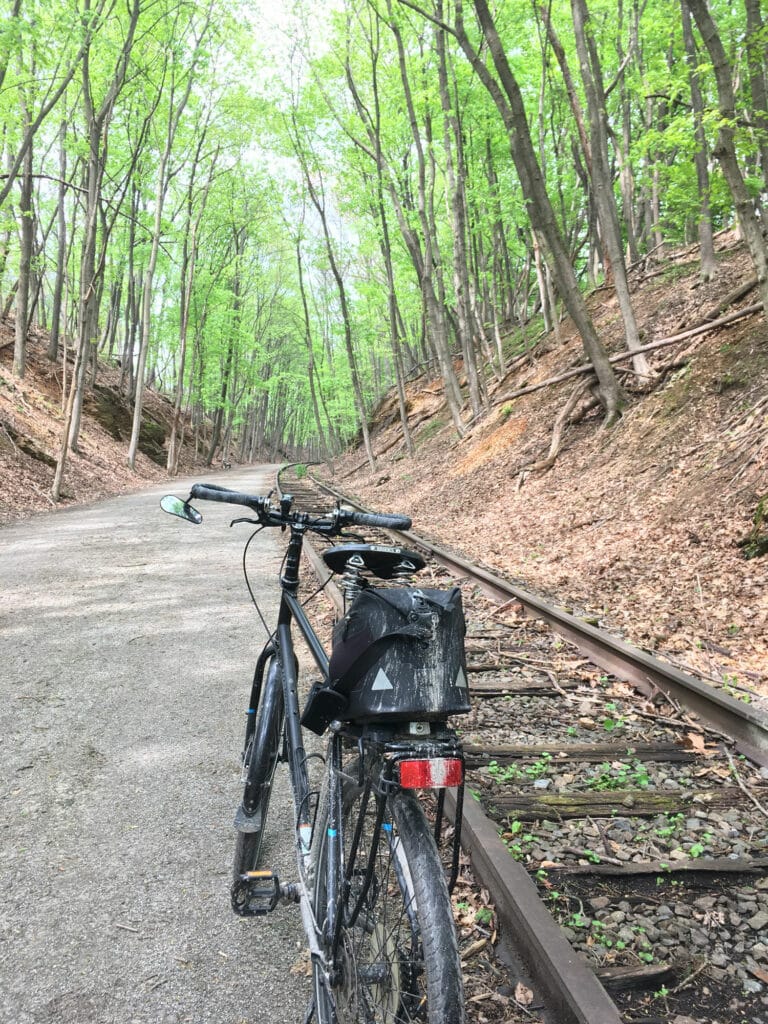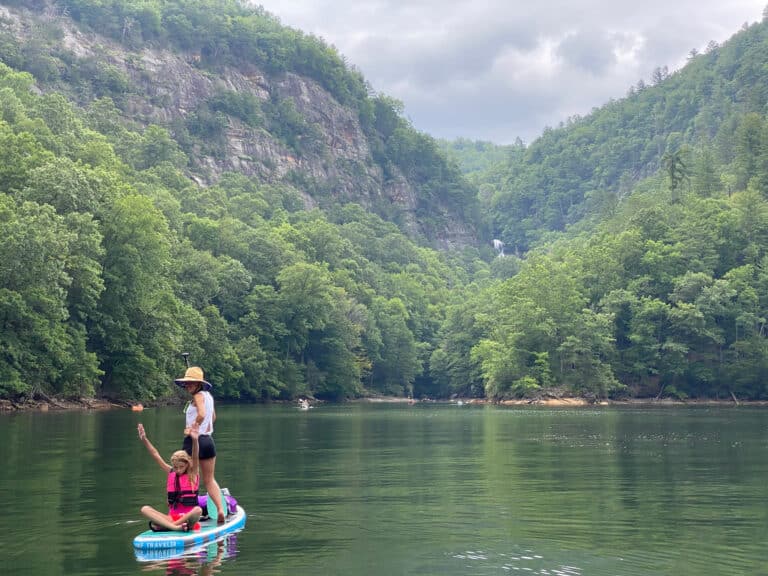WV fishing license applicants can now opt into organ donation
With the passage of Senate Bill 613, registering as an organ donor just got easier in West Virginia. The state has become one of the first to offer the option to register as an organ donor when applying for a fishing or hunting license, in addition to driver’s licenses and identification card applications. The achievement was a joint effort of the Center of Oregon Recovery and Education, Donate Life West Virginia, the West Virginia DNR and Governor Jim Justice.
“Registering as a donor is a simple act but one that can save lives,” Governor Justice said. “I am proud that West Virginia stands among the nation’s leaders in offering this option on our hunting and fishing applications.”
Planning your 2020 bucket list? Soon you can hut-trip the Adirondacks
A nonprofit organization in New York aims to connect the backcountry of the Adirondacks through a system of huts, much like the hut-to-hut system of hiking that is popular throughout Europe. The organization, Hamlets to Huts, seeks to help adventurers hike, cycle or paddle throughout the Adirondacks for a few hours or a few days without having to carry more than a daypack.
Funded primarily by grants from the New York Department of State and the New York Department of Environmental Conservation, the organization says that the first trips should be available by summer 2020.
Wood stork nests reach record numbers in South Carolina this year
Biologists and technicians have recorded a record number of wood stork nests in South Carolina in 2019—the highest in state history. 3,075 wood stork nests at 26 colonies were recorded in the state, breaking the record high of 2,512 nests recorded in 2016. In nests monitored around the state, an average of 2 wood stork chicks made it to fledging age. The federal recovery goal is 1.5 fledglings per nest.
Wood storks, also known as “wood ibis,” were added to the Endangered Species List in 1984. Thanks to years of wetland restoration, the range of the wood stork has grown from the states of Florida, Georgia and Alabama into North Carolina, South Carolina and Mississippi. In 2014, the wood stork’s status on the Endangered Species List was upgraded from endangered to threatened.








